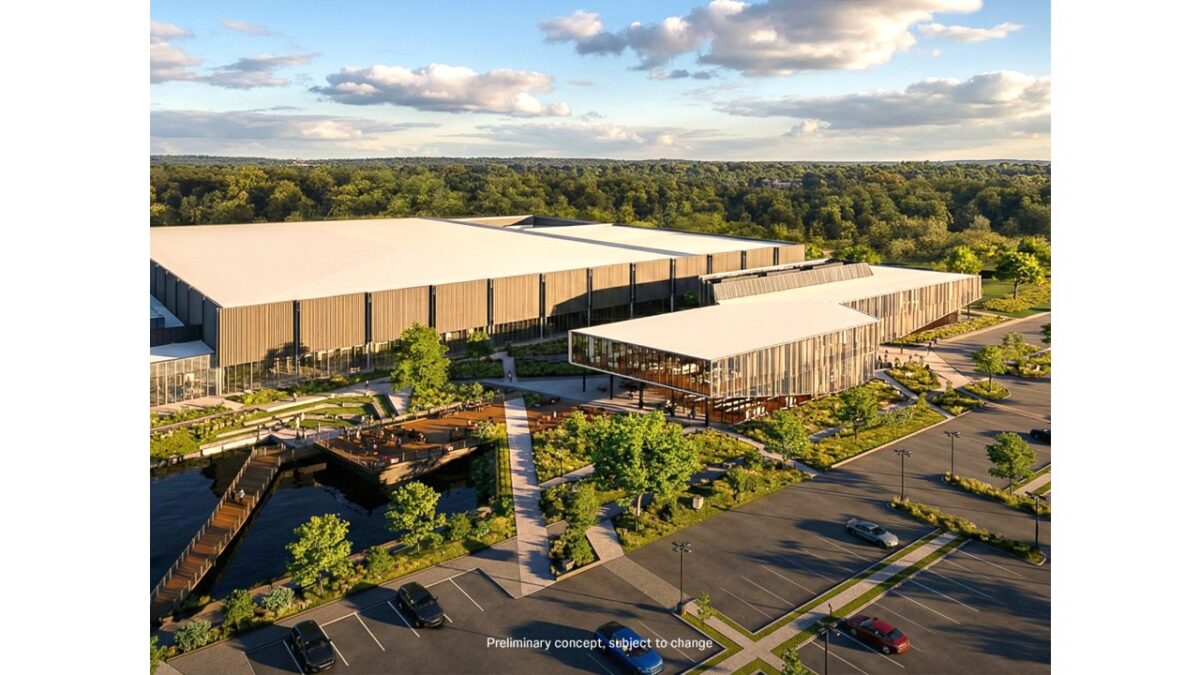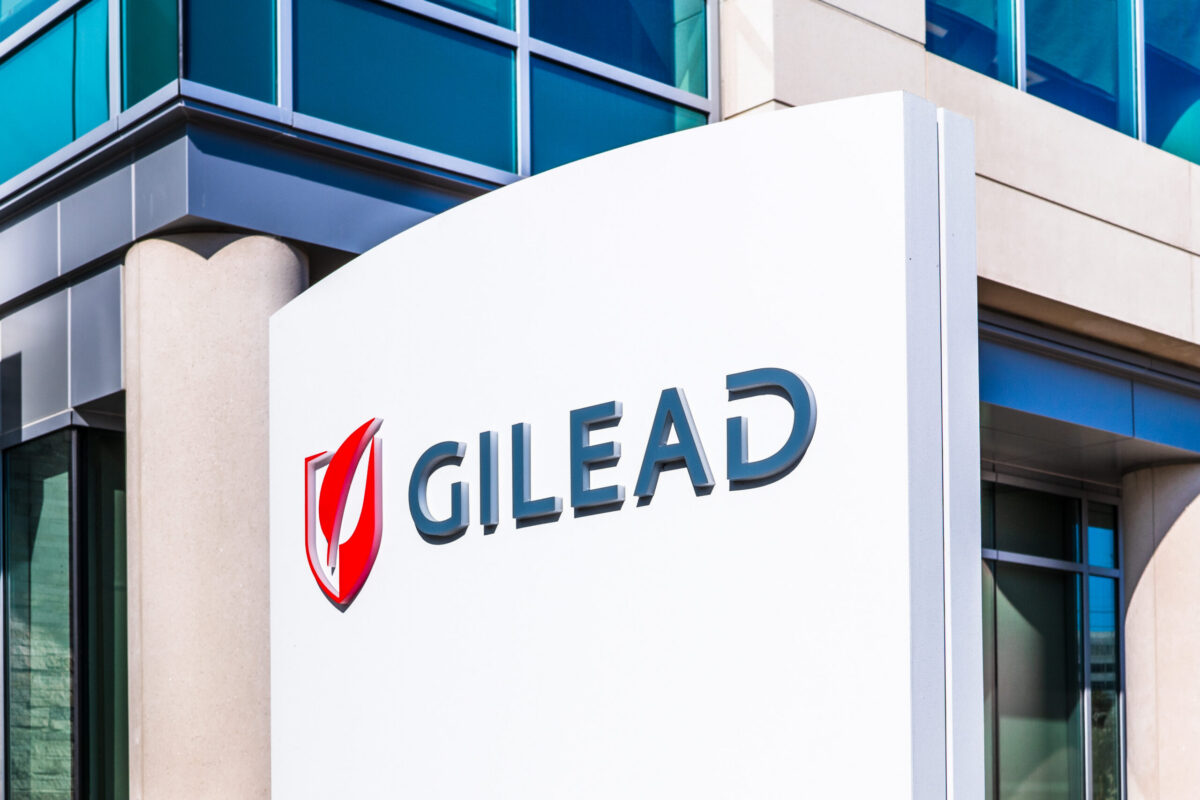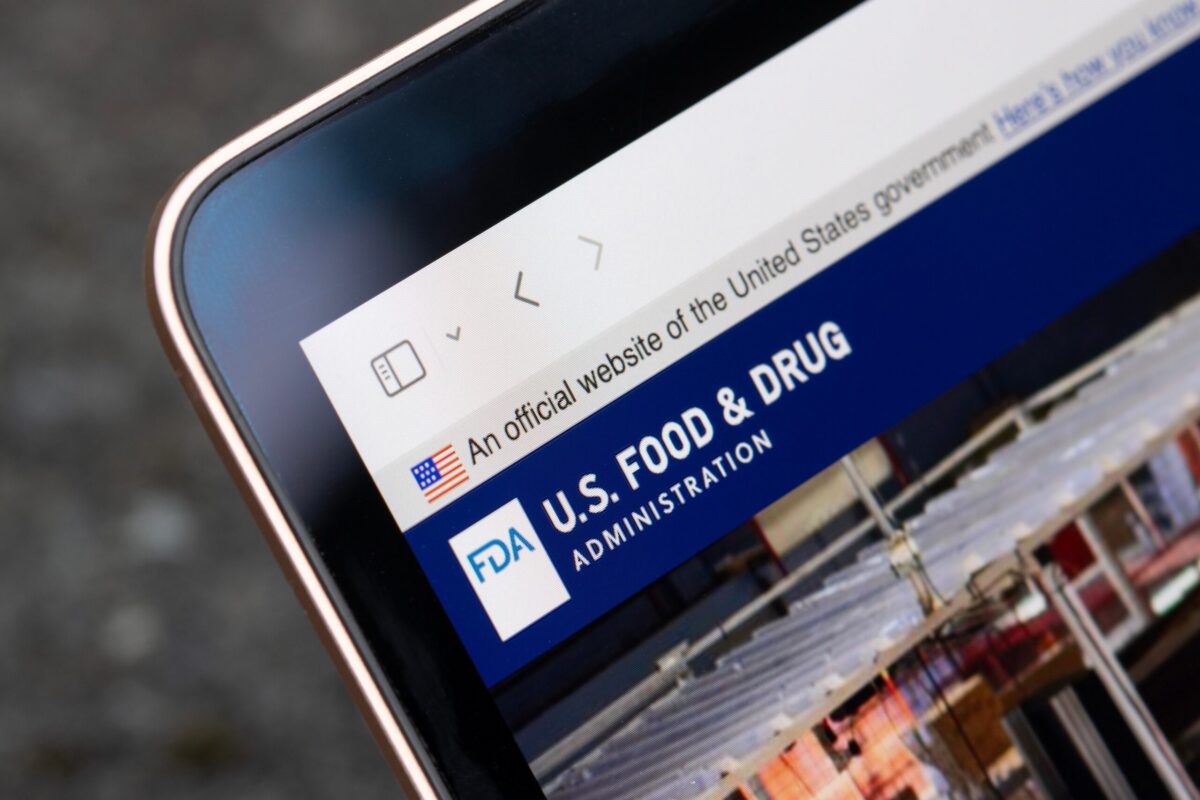Amylyx Pharmaceuticals announced yesterday that it will be pulling its ALS (amyotrophic lateral sclerosis) drug Relyvrio from the market after it failed in a confirmatory trial.
In a statement, Amylyx said it has initiated a process with the US Food and Drug Administration (FDA) and Health Canada to voluntarily discontinue the marketing authorizations for Relyvrio.
The company said Relyvrio/Albrioza (sodium phenylbutyrate and taurursodiol; also known as AMX0035) “will no longer be available for new patients as of today (April 4, 2024).”
The move comes about 18 months after Relyvrio received approval from the FDA in September 2022.
Along with the discontinuation of Relyvrio, Amylyx also announced it will be laying off 70 percent of the company’s 384 employees as a part of “restructuring to focus on the company’s financial resources on upcoming clinical milestones.” As its first and only commercial product, Relyvrio was the only source of revenue for the Massachusetts-based biotech, which was founded 11 years ago.
Last month, Amylyx reported results from the global PHOENIX Phase III clinical trial that were unable to confirm the drug’s effectiveness. In the trial, Relyvrio did not meet its primary endpoint of improving physical function based on the revised ALS functional rating scale, which measures the ability to breathe, swallow and speak, after 48 weeks compared to placebo. It also failed to meet any of the trial’s secondary endpoints.
While Amylyx did not announce how it would proceed commercially with the drug at that time, industry experts saw its market withdrawal to be inevitable given its poor showing in the trial.
Amylyx said patients currently taking Relyvrio in the US and Canada can be transitioned to a free drug program.
Related: Relyvrio Approved as ALS Treatment by the FDA
“We are surprised and deeply disappointed by the PHOENIX results following the positive data from the CENTAUR trial,” said Amylyx co-CEOs Justin Klee and Joshua Cohen.
They explained that, “Over the next eight weeks, our team will continue to engage with regulatory authorities and the ALS community to discuss the results from PHOENIX. We will be led in our decisions by two key principles: doing what is right for people living with ALS, informed by regulatory authorities and the ALS community, and by what the science tells us.”
According to estimates from the Centers for Disease Control and Prevention (CDC), ALS, also known as Lou Gehrig’s disease, affects over 31,000 people in the US. ALS is a fatal neurodegenerative disease that damages motor neurons, affecting the ability to move, speak, swallow and eventually breathe. The disease is more common in men than women and is also age-related, with most being diagnosed between 55 and 75 years of age. The life expectancy after symptoms develop is around two to five years.
Relyvrio’s FDA approval was seen as controversial from the get-go as it was based on data from a small Phase II trial that showed a modest slowing of disease progression in patients who received the drug. The drug’s efficacy was insufficient by FDA standards but after two advisory committee meetings, one that voted down the drug six to four and the other that backed it in a seven to two vote after new analysis of trial data, the FDA gave the go ahead to the drug.
Backing from ALS patient advocacy groups and Amylyx’s commitment to a confirmatory trial also aided in the FDA’s signing off on Relyvrio at the time.
Amylyx said it will continue to evaluate and share learnings from Relyvrio’s PHOENIX trial, results of which will be shared during a presentation April 16 at the American Academy of Neurology (AAN) annual meeting.
In Europe, the drug, branded Albrioza, was turned down by the European Medicines Agency (EMA), a decision that Amylyx appealed and lost in October 2023.
Despite failing in ALS, Amylyx isn’t completely pulling the plug on AMX0035. The company is continuing to advance it in progressive supranuclear palsy, a rare neurological disorder that affects movement, walking, balance and eye movements. Amylyx is also pursuing the drug in Wolfram syndrome, a rare, genetic neurodegenerative disorder that typically causes childhood-onset type 1 diabetes and progressive optic atrophy (degeneration of the optic nerve) that can lead to vision loss.
A readout from the Phase III ORION trial evaluating AMX0035 in progressive supranuclear palsy is expected in the middle of 2025, while interim data from the Phase II HELIOS study in Wolfram syndrome will be shared on April 10.
As for ALS, Amylyx is shifting its focus to AMX0114, a clinical antisense oligonucleotide targeting calpain-2, that it is launching a trial for soon.
In 2023, sales of Relyvrio across the US and Canada totalled $381 million.
The Relyvrio setback is especially disappointing in the ALS space given the lack of treatment options for the disease.
While the FDA has granted approvals to Mitsubishi Tanabe Pharma’s antioxidant drug Radicava and different formulations of an existing drug called riluzole for the treatment of ALS, drugs like riluzole have demonstrated limited efficacy.
Biogen and Ionis Pharmaceuticals’ antisense drug Qalsody received FDA accelerated approval in April 2023, but only for a small subtype of ALS patients with a mutation in the SOD1 gene. The drug had failed in a Phase III trial in patients with ALS-related muscle weakness.
In September 2023, an FDA advisory committee voted down BrainStorm Cell Therapeutics’ ALS cell therapy citing the insufficient evidence of its effectiveness in slowing the progression of mild to moderate ALS. In February, Sanofi and partner Denali Therapeutics revealed their RIPK1 inhibitor program had failed in a Phase II trial in ALS.
“We commend Amylyx for pulling Relyvrio off the market, while still ensuring that people living with ALS can access the drug if they believe it is helping them,” said the nonprofit ALS Association. “ALS is a fatal and heterogenous disease with few treatment options, and creative solutions are needed.”
The group remains hopeful, noting that, “There are more than 40 more potential treatments in the pipeline and we are focused on trying to advance the safe and effective ones as quickly as possible.”
If you want your company to be featured on Xtalks.com, please email [email protected].












Join or login to leave a comment
JOIN LOGIN